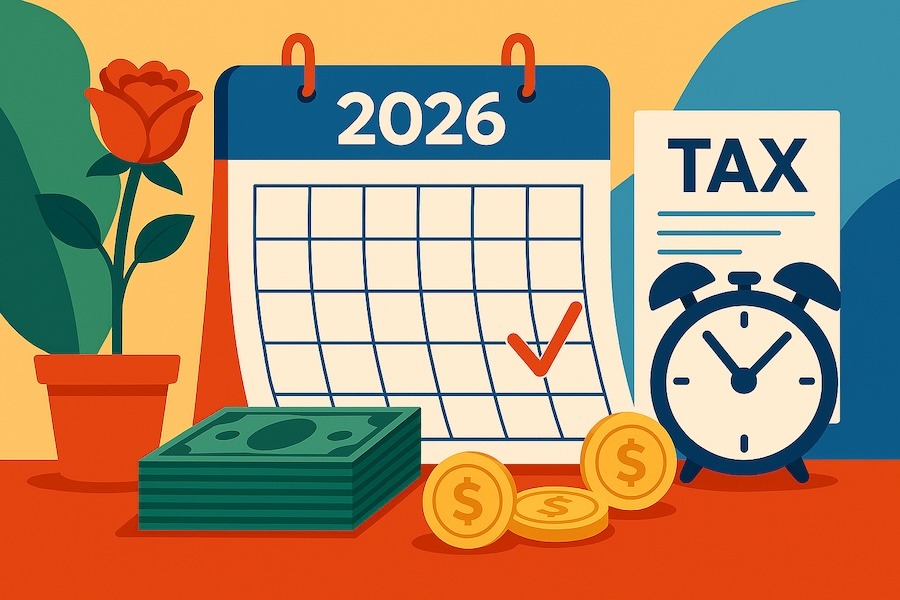Ways to Not Argue with your Partner over Money

The philosopher Jean Paul Sartre once wrote a play in which three protagonists were locked in a room together for eternity. As we live through the 2020 pandemic, you won’t be at all surprised to learn that Sartre meant this as a punishment! In fact, this is the play in which one of Sartre’s characters voices the famous line “L’enfer, c’est les autres.”
Or, as we say in English, “Hell is other people.” Put another way – people can be hard to live with!
If you live with someone you love, or at least with someone with whom you share your finances, then this week we want to offer you some light-hearted but useful advice about avoiding arguments about money. After all, successfully managing money together calls for as much tolerance and good humour as all the other parts of life that couples need to negotiate. If you can keep smiling, everything becomes a lot easier.
The first thing to remember is that you were not born as part of a couple. (Or, if you actually are a twin, you were not born a part of this couple). This means that each of you developed most of your instincts, attitudes and goals about money before you’d even met. Hopefully, the thing that attracted the two of you was discovering that you have some of these instincts, attitudes and goals in common. But it is a very rare couple that is completely in sync when it comes to the way they think about money. Even the closest of couples think differently about some things. Money is often one of those things.
So, step number one is to try to find out what your partner actually thinks about money. The easiest way is to talk about it, as openly and non-judgmentally as possible. This is one of those conversations where you really want to know what makes the other person tick, so try not to interrupt or send any sort of signal that you think they are wrong. Any kind of ‘tut-tut signal’ can discourage people from being completely frank… and you only realise what they really think about money when they book your honeymoon. Instead of a month in Paris you are heading for a long weekend in Porpoise Spit and thinking to yourself “I never would have guessed they were this tight-fisted.”
Another thing to keep in mind is that, until you came along, your partner was managing their own money. Whether they were doing it well or not is another story, but they probably did not have to justify every dollar they spent. Coupling up and combining finances meant giving up a lot of this freedom. So, it can be a good idea to give each other permission to keep sole control of at least a little bit of money that is used for unaccountable spending – aka ‘fun.’ How much ‘fun money’ you each agree to depends on how much money there is overall. But it can be very liberating for people to be able to buy themselves a coffee or a donut each morning without needing to justify that to their partner (or even, in fact, tell their partner). Who knows, maybe some of that fun money will become your next surprise birthday present.
The ‘flipside’ of that is that happy couples tend to agree not to spend above a certain amount without checking with their partner first. Again, the “mmm, I’d better check” threshold will depend on how much money there is to start with. But there is great comfort to be had in being able to share the blame if a large purchase ends up going wrong. To rephrase an old saying, when it comes to spending other peoples’ money it is usually better to have asked permission first than to beg forgiveness later.
Another thing to remember is that couples usually argue about money when one or the other of them is worried that they are going to run out of the stuff. If this is you, then it is worth remembering that members of a couple actually have a greater potential for saving than single people. In 2017, the UK’s National Office of Statistics found that the average Brit living on their own spent £21 more per week than the average member of a couple. That is the equivalent of $37 per week, or just under $2,000 per year. Each.
The savings come from sharing living expenses like rent or mortgage repayments, utilities, etc. We actually think the ‘single supplement’ of $37 per week looks a little low, but it is probably reduced by things like some of these single people living in shared housing, or at home, or being widows who acquired their wealth as part of a couple, etc. Most couples could find more than $4,000 in shared savings if they really tried.
And trying to find such savings might be the very thing that really helps you stop arguing with your partner about money. If nothing else, it will give you a great rebuttal if your partner wants to argue with you: being a couple means there is more money to argue over! “What are we arguing for… I save you $37 every week” might be the best conversation closer ever.
Finally, one last, more sober, word: In the above article, we have tried to keep things light and breezy. Unfortunately, sometimes arguments and controlling behaviours around money can become a lot more serious. If this is you, or someone you know, then please get in touch with us. We will keep our conversation discrete and confidential and try to help you make the best of that situation.


